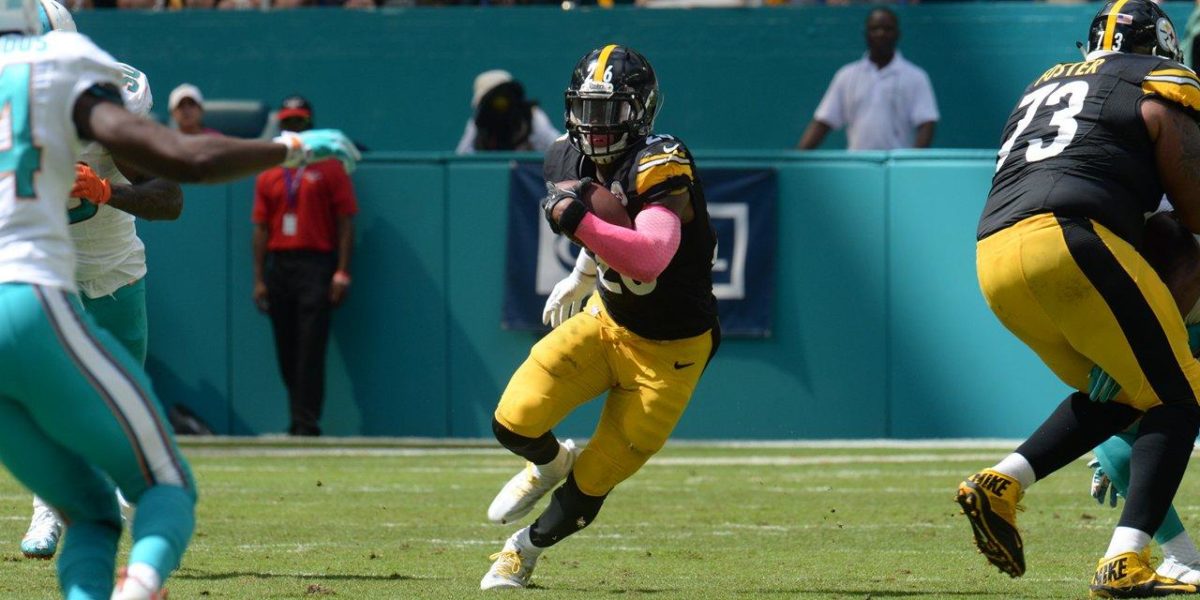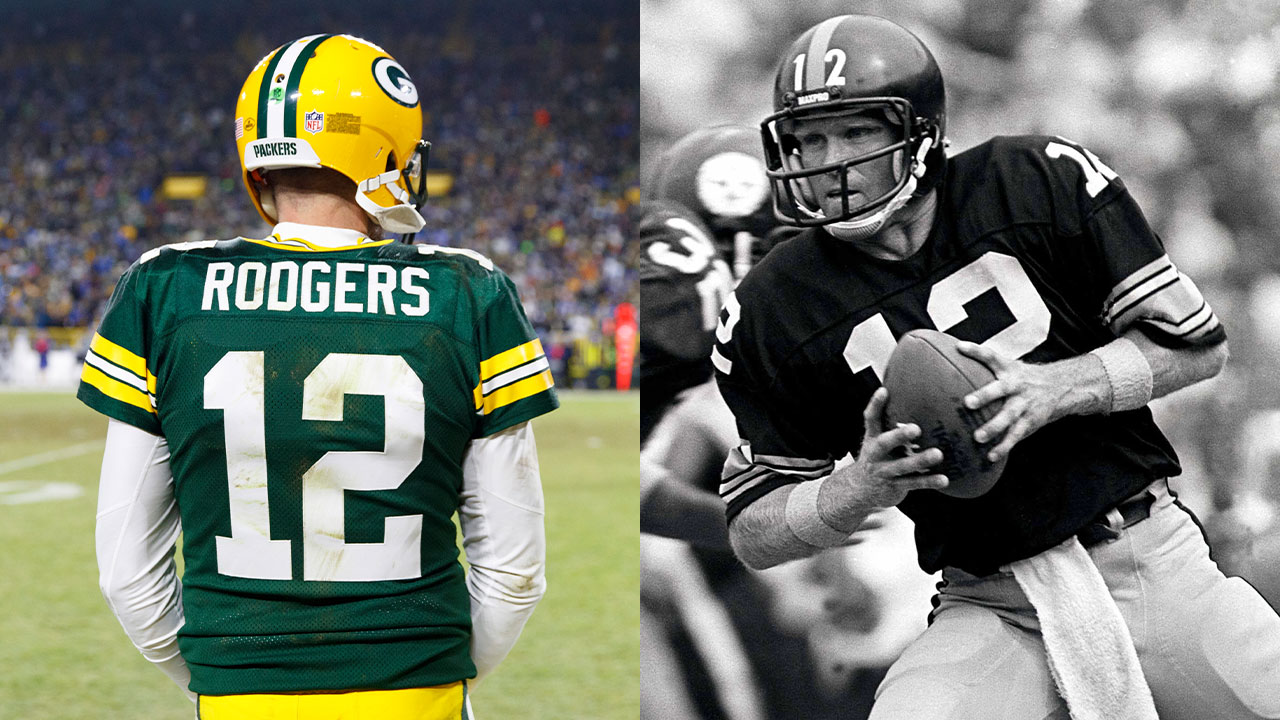Does Devonta Freeman’s contract “reset” the market for Le’Veon Bell?
The Atlanta Falcons and Devonta Freeman agreed to a contract extension on Wednesday morning which will make the two-time Pro Bowler the (currently) highest-paid running back in the NFL.
That’s because Le’Veon Bell has yet to sign his $12.1 million franchise tag exercised by the Pittsburgh Steelers this offseason. According to Mike Silver of NFL.com, Freeman “will take home an annual average of $8.25 million over the life of the deal”.
Bell was reportedly offered a larger deal in lieu of the franchise tender:
https://twitter.com/TomPelissero/status/887335623320797185
Whether the leaked information can be counted on as factual, what we do know is that Le’Veon declined whatever deal he was offered. He has so far been a no-show at Pittsburgh’s training camp, commenting to media that he wants to be paid like a “wide receiver 2” and his contract should “reset” the market for running backs.
Unfortunately for Bell, the Freeman deal may have reset the market… and not in the way “Juice” may have wanted.
The Steelers organization has never been one to guarantee money outside of a one-year signing bonus. We know for sure that Bell can earn $12.1 million playing under the franchise tag this season, and in upwards of $14 million in 2018 if the Steelers were to tag him a second time (the max permitted). Over the course of two seasons, Bell would secure over $26 million, all fully guaranteed under the franchise tag.
Previously, the Buffalo Bills’ LeSean McCoy was making the most at the position, clearing around $8 million per season. Freeman’s extension marginally exceeds that and doesn’t make the jump that the rumored Pittsburgh deal would’ve set for Bell, who could have generated $15 million per season in 2017 and 2018, with another $12 million in 2019. The new contract would’ve paid him $4 million more than McCoy‘s five-year $40 million deal and the $30 million over the first two years of the agreement would’ve exceeded his guaranteed cash from both franchise tags combined by $4 million as well.
Speculating further, the simple math shows that Bell would’ve brought home an extra $6 million as a signing bonus, which would’ve been the only likely guarantee made by Pittsburgh: and the likely sticking point by Bell’s camp.
That makes the Freeman contract interesting by comparison. The Falcons back’s extension includes $22 million in guarantees and a $15 million signing bonus. No matter how you cut it, the only way for Bell to “guarantee” he would receive that type of compensation is by holding out for another deal. Yet, Freeman’s contract may prove that Bell is already looking at a glass ceiling for compensation. Freeman’s contract won’t move the needle too far in terms of a 2018 franchise tag figure, nor does it indicate a high-dollar market for running backs.
Freeman was set to become a free agent in 2018. He ran for 1,079 yards in 16 games last season, good for ninth overall in the league and caught 54 passes for 462 yards. By comparison, Bell played four fewer games and ran for 1,268 yards and caught 75 passes for 616 yards. However, Freeman shared the Atlanta backfield with Tevin Coleman, who added 520 rushing yards and 31 receptions for 421 receiving yards. Freeman could produce more if not in a timeshare, and Bell could produce even more if he plays sixteen games.
That makes the Freeman contract ever more the sticking point: does it swing the pendulum in the opposite direction Bell would want? Or does it encourage the Steelers to wait and see as they have in 2017?
Which brings us back to the title question: does Devonta Freeman’s contract “reset” the market for Le’Veon Bell?
At this moment, I would say no. If anything, it lowers the potential bargaining power Bell has. In fact, Bell is in an awkward position where other running backs won’t be hitting the free agent market anytime soon to help benchmark a better contract. LeSean McCoy remains with the Bills through 2019 at an $8 million average. Doug Martin chimes in through 2020 with a $7.1 million median.
DeMarco Murray is signed with the Titans through 2019 with an average salary of $6.3 million and the Texans Lamar Miller inches slightly higher at $6.5 million. Running backs such as the Bears Jordan Howard, the Dolphins Jay Ajayi, the Cardinals David Johnson, and the Cowboys Ezekiel Elliott won’t be eligible for free agency for several years. Howard could hit in 2020, and Elliott should be presumed as locked up until 2021.
Johnson and Ajayi are the two who could help Bell’s case, as their rookie deals expire following the 2018 season: just in time for both rushers, and Bell, to potentially hit the open market; provided they do not secure long-term deals with their current clubs. They could each be paid $8 million or more on average based on Freeman’s new contract, or they could end up creating a bidding war in which one of the players ends up the odd-man out. Still, a new contract for Johnson or Ajayi might further “reset” the market closer to where McCoy and Freeman are currently paid, devaluing the big payday that Bell is seeking.
If the leaked information about the Steelers offer is true, it could turn out that Bell’s wait and see approach to “reset” the market might backfire in a classic case of “Deal or No Deal” – maybe you should’ve taken the deal…









